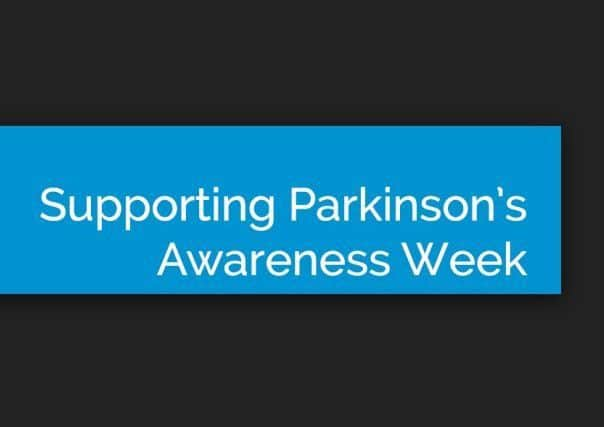Get informed about Parkinson's Disease


This means that parts of the brain become progressively damaged over many years.
Parkinson’s Disease is becoming increasingly common and there are currently around 127,000 people in the UK with the condition, mainly due to an increasing population that are living longer.
Advertisement
Hide AdAdvertisement
Hide AdThe average age for symptoms to appear is between 50 and 60 years old.
However, in some cases, Parkinson’s Disease can be diagnosed before the age of 40, which is known as Early Onset Parkinson’s Disease.
It is rare to find more than one person in a family with Parkinson’s Disease, although researchers believe that the condition can sometimes (in around 5% of cases) be inherited.
In the human body, the chemical Dopamine helps in the transmission of signals in the brain and other vital areas.
Advertisement
Hide AdAdvertisement
Hide AdPeople with Parkinson’s Disease don’t have enough of this chemical because some of the nerve cells in the brain which make it have died.
This lack of Dopamine means that people have great difficulty controlling their movements.
It is not exactly known why people get Parkinson’s Disease, but research suggests that it is a combination of genetic and environmental factors that cause the Dopamine producing cells in the brain to die.
The three main symptoms of Parkinson’s Disease are:
Rest tremor: this is a tremor that develops when the body/muscle is relaxed.
Advertisement
Hide AdAdvertisement
Hide AdThe tremor will normally begin on one side of the body and then progress to both sides as the condition itself progressess.
Slowness of movement (bradykinesia): people with Parkinson’s may find that starting a movement and performing everyday tasks can be difficult.
The size of their movement is often reduced and coordinating movements can be difficult.
Stiff and inflexible muscles: rigid muscles can make it difficult to do everyday tasks and can also be painful.
Advertisement
Hide AdAdvertisement
Hide AdSome people have problems turning around, getting out of a chair or making fine finger movements such as fastening buttons or touch typing.
Some people may not be able to swing their arms very well.
Others find that their posture becomes stooped or their face’s become stiff, so it’s harder to make facial expressions.
A diagnosis of Parkinson’s Disease is given when any two of these three classic symptoms are present and although there’s currently no cure for Parkinson’s disease, treatments are available to help reduce the main symptoms and maintain quality of life for as long as possible.
Advertisement
Hide AdAdvertisement
Hide AdDuring April Parkinson’s UK will be hosting two events to promote this year’s Parkinson’s Awareness Week.
During 11th-14th April an information stand will be available in the Western Isles Hospital, Stornoway, and on Wednesday 12th April a drop-in information event will be held in the Caberfeidh Hotel, Stornoway, for anyone living with Parkinson’s Disease.